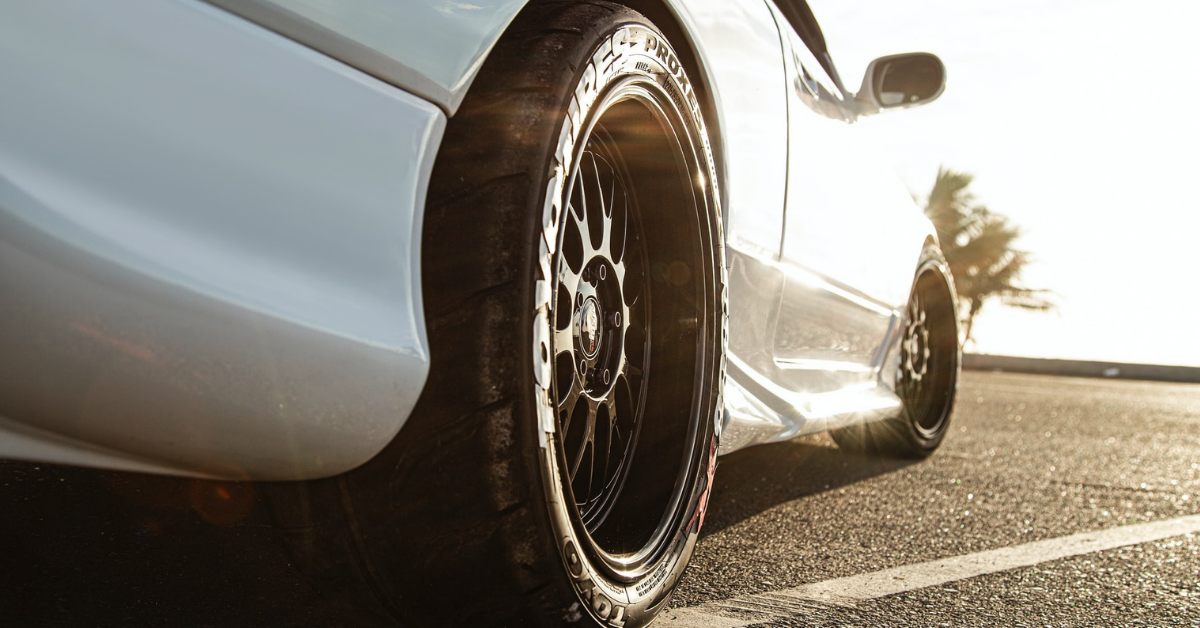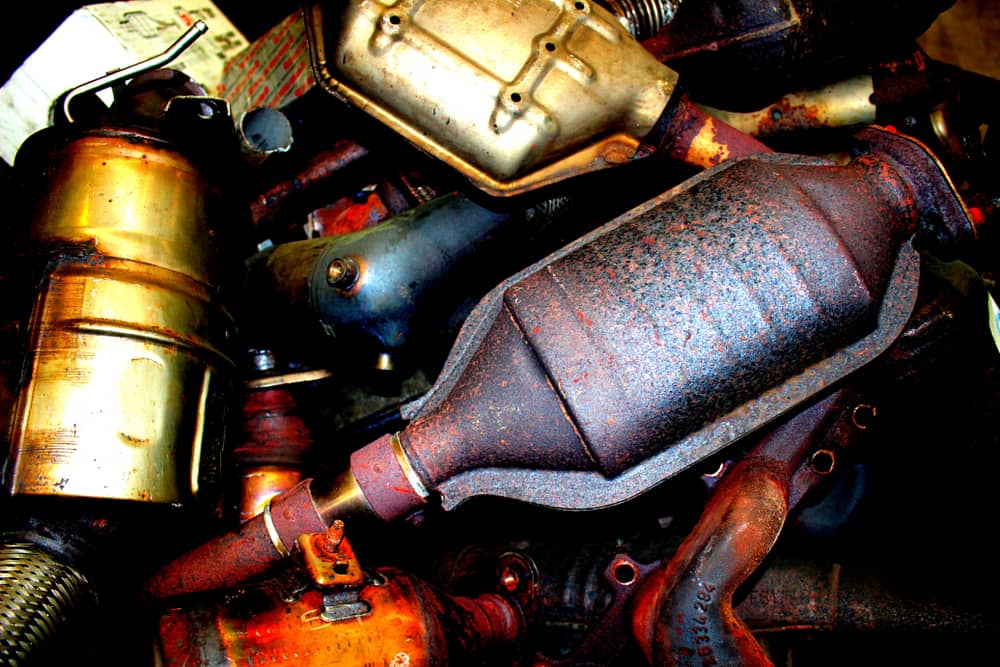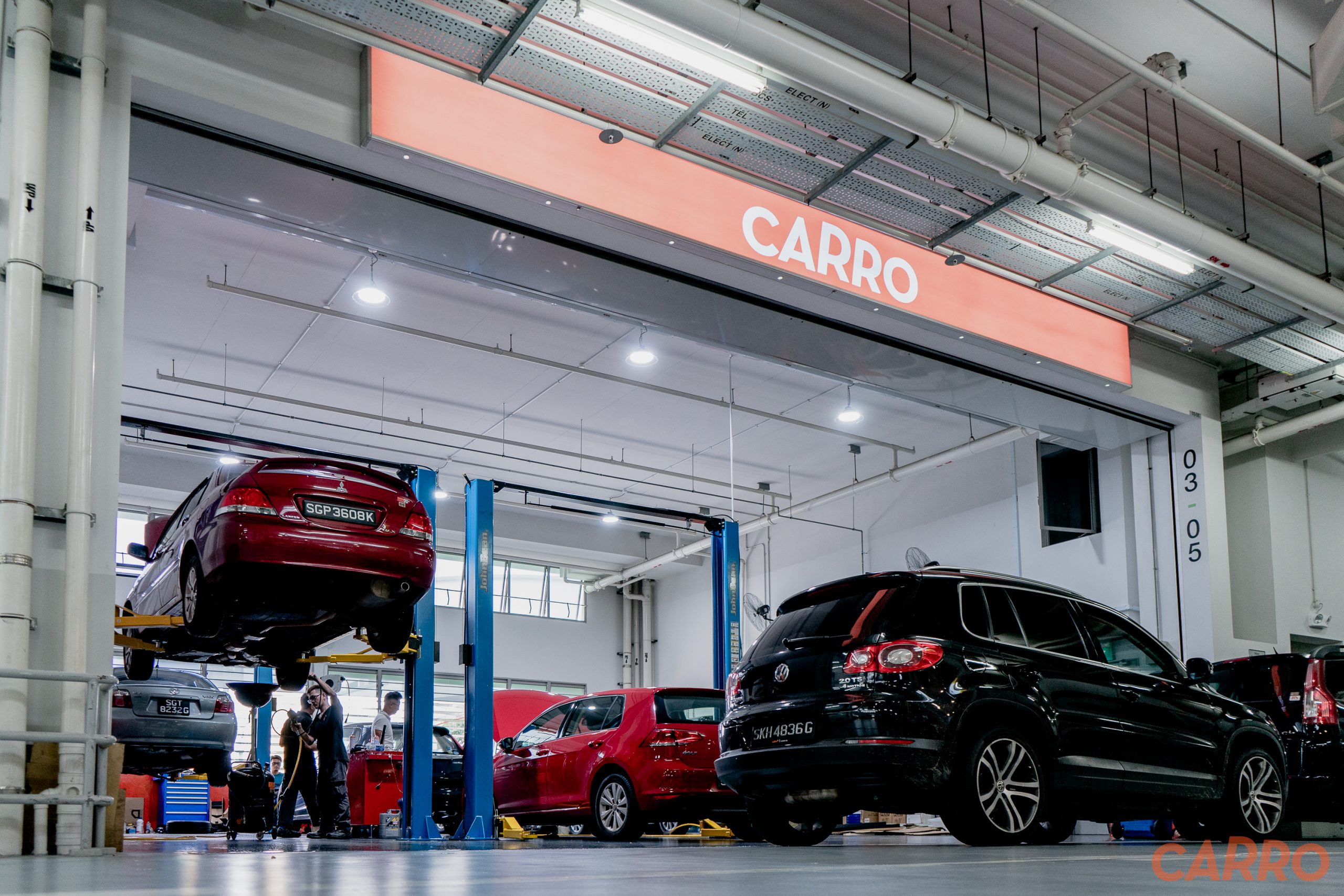Different Grades of Petrol: Which Should you Choose?
Many of you might be wondering, what’s the main difference between the different types of petrol offered at the various petrol stations in Singapore? Why do prices between the different types vary so much? Today, we are going to take a look at the different grades of petrol offered and which is the best to optimise your ride.
Firstly, we debunk the myth that the using a higher grade of petroleum will allow your car to manoeuvre faster. Scientifically, the higher the octane rating, the more resistant the petrol is to “knocking” (premature combustion). However, a higher petrol grade is not necessarily always better for your car.
In order to find out the optimum fuel grade to use for your vehicle, the answer lies in your car owner’s manual. Using a higher octane gasoline than that will not make your car achieve better mileage, run cleaner or improve its operations in any way. In fact, majority of Japanese carmakers recommend 92-octane fuel, and most European cars have been engineered to take 95-octane.
Premium petrol costs roughly 30 cents more per litre as compared to the regular petrol. This amount can chalk up to over $700 in savings annually, based on a normal 1.6 litre car clocking an average mileage of 20,000km per year.
Using a higher octane fuel than necessary will send unburned fuel into the emission system. This will also be collected in the catalytic converter. Should you overwork any system, it can breakdown or under perform. An early sign of such a predicament is a rotten egg smell from the tailpipe.
Another myth we’d like to debunk is that higher grade petroleum comprises more cleaning additives that will be more beneficial for your car’s engine. Government regulations call for almost the same amount of additives in all gasoline to clean the injectors and valves. Regular octane gasoline does not compromise in preventing engine deposits from forming, in getting rid of them, or in cleaning your car’s engine, as compared to higher octane gasoline.
Some cars, such as sports cars and certain luxury cars, have higher compression engines. These cars might require premium petroleum to prevent knocking. Your best bet is to listen to your car’s engine. As long as it does not knock, you are using the correct gasoline grade.




